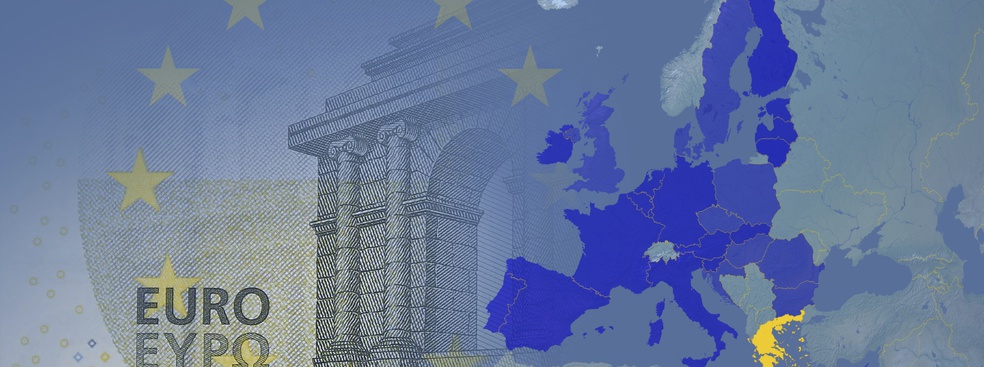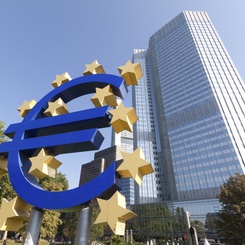Public, or sovereign, debt is the debt owed by a central government to either internal or external lenders. However, it is becoming increasingly difficult to measure it effectively. This is because there are two types of debt:
- One that results from borrowing in order to cover day-to-day operations: the interest paid on this debt is a net cost
- And a more positive debt that is linked to investment by the government and that will ultimately have a much higher yield. This has a positive net benefit.
We talk of budget or fiscal deficit when the government spends more per year than its income, so it has to borrow to cover the difference. When the government runs a surplus, it is able to repay part of its debt.
But this difference consists of a heterogeneous aggregate of all expenses incurred. For this reason, the European Commission issued on January 13th a so-called Clarification[i] concerning the type of investments that they will disregard when assessing a country‘s deficit.
Spiraling out of control: the Greek government debt crisis
The current situation in Greece is a textbook example of unsustained debt.
Despite a budget surplus before interest payments Greek public debt keeps increasing in percentage of the GDP. This is because to obtain this budget surplus, the Government reduced expenses. This, in turn, contracted the GDP further.
The problem is compounded by the difference between long-term debt and short-term debt. To cover payments of their long-term debt, governments often have to take renewable, short-term loans, which come with even higher interest rates, which in turn increase government debt.
In Greece’s case this has led to what we call a “Self-fulfilling Crisis” – when there is a belief amongst lenders that some loans will not be paid back, they will only willing to lend to the government over the short term and at punishingly high interest rates. The increased cost of interest payments makes the unsustainability of public debt a kind of self-fulfilling prophecy.
And even as international agents like the IMF of the European Commission step in to say that they are going to help to ensure loans will be repaid, it can be very difficult to change that overarching belief. In economics, this is what we call inertia: the impact is not immediate because agents do not react instantly to new information. Instead they hold on to their old ideas for a certain amount of time so that the effectiveness of the policy intervention is reduced.
Breaking Out of the Self-fulfilling Crisis Cycle
Several methods have been used in the past to manage debt. What steps could Greece take?
Should part of Greece’s debt be redeemed?
This is what happened for Germany in 1953 for example through a twist with exchange rates. But today, many of the stronger European economies feel an example needs to be made. If an exception is made for Greece what message will this send to the other European economies struggling with debt? This is the concept of moral hazard.
Should Greece leave the euro area and devaluate its currency?
A way for a State to reduce a debt denominated in its own currency is to devaluate, so the value of repayments to foreign creditors is reduced. In the case of Greece, whose debt is currently denominated in euros, a successful devaluation would require that its European partner agree to convert the debt in some form of Greek euros prior to the exit. It is exactly the same as asking them to forego their loans.
Should Europe pool all their debt together and offer one interest rate?
This is likely the best option, but one that doesn’t appeal much to countries who currently enjoy low interest rates or are close to fiscal surpluses. However, Europe will eventually have to find a solution to control Greek debt. This means that all will have to lose a bit so that Greek does not collapse and everyone loses a lot.









